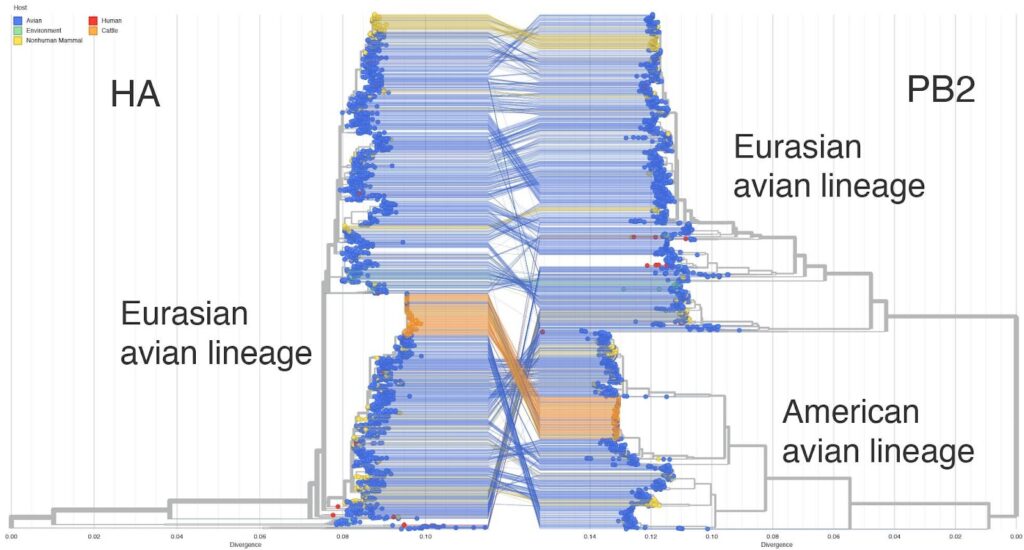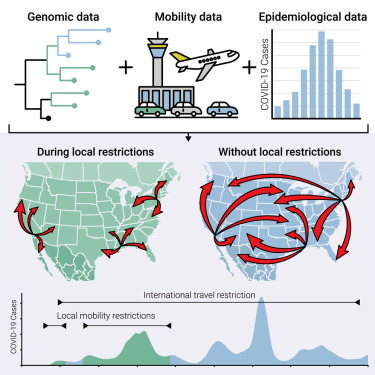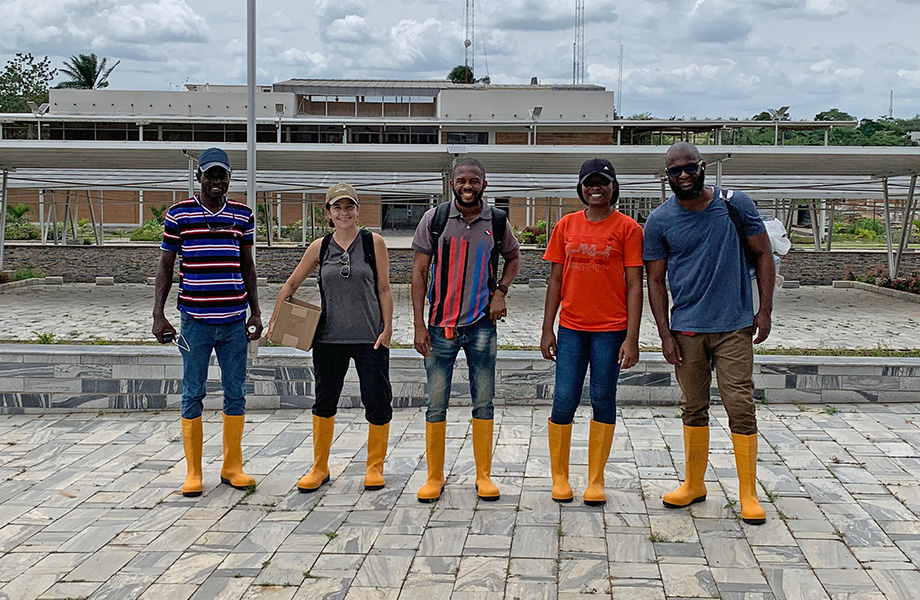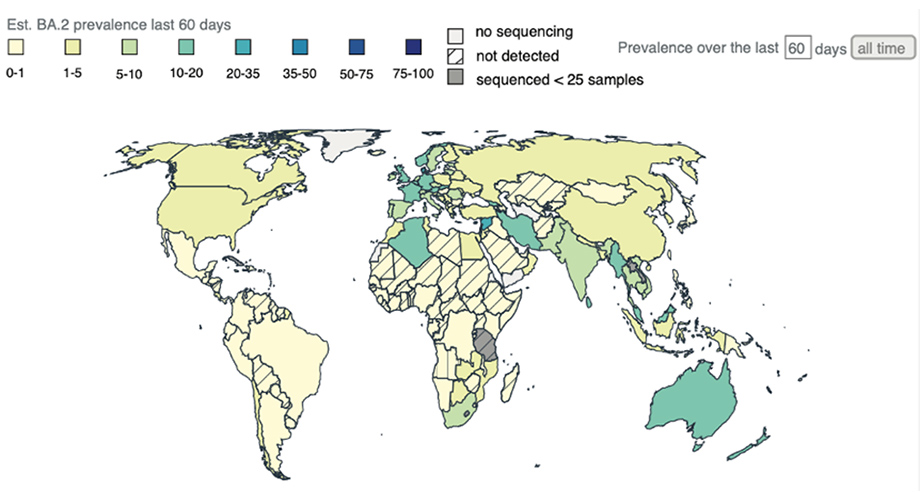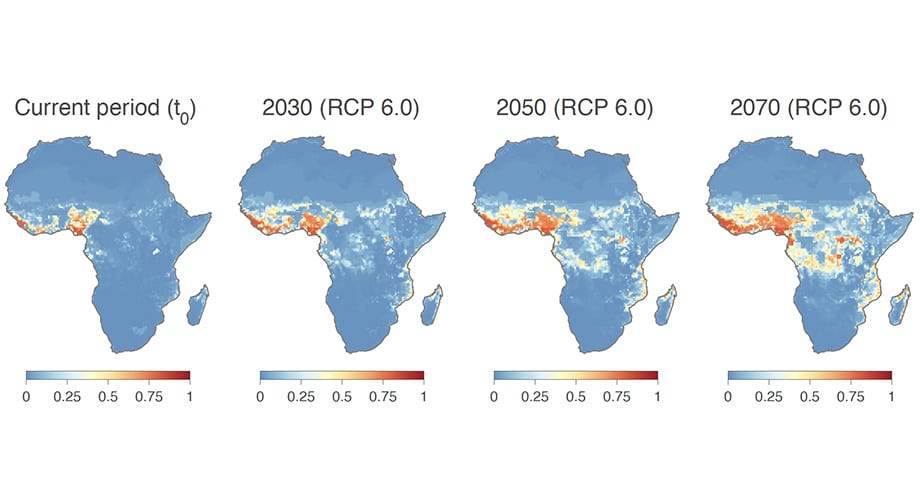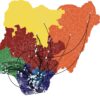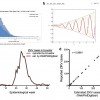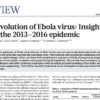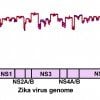Mpox paper out in Nature
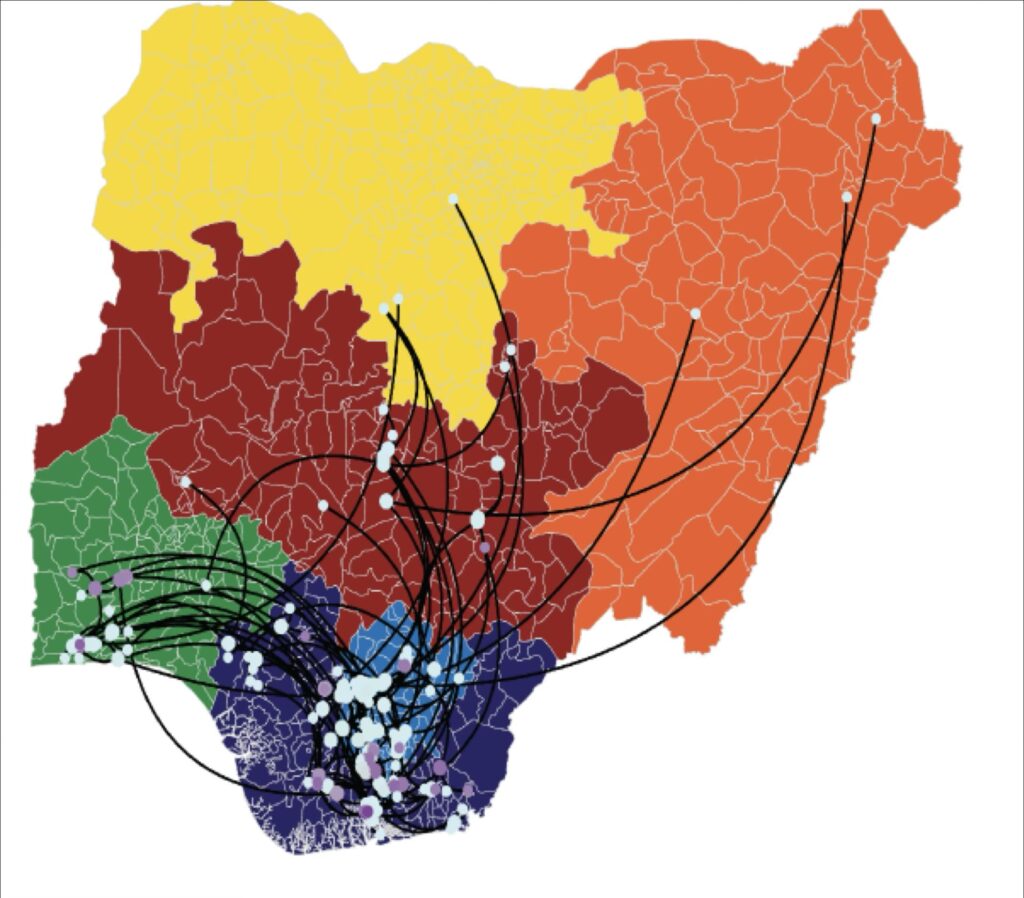

Historically, most human mpox infections have resulted from zoonotic transmission—meaning from animals to humans—and these spillovers have rarely led to human-to-human transmission. But during the 2022 global outbreak, mpox began spreading readily between people. A new study now shows the virus was circulating long before then. Published in Nature on May 19, 2025, the study notes that mpox transmitted among…
Kristian AndersenMay 21, 2025

